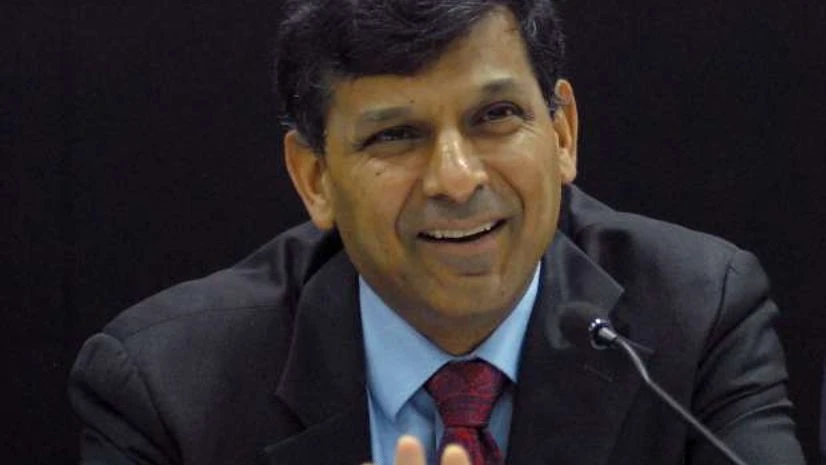Describing his job of formulating monetary policy in India as a 'joyful' and easy task, Reserve Bank Governor Raghuram Rajan has said complexities arise when ensuring its political acceptance and one needs to be "a little more clever" for that.
"You can't bulldoze your way in some of these situations and therefore you have to be a little more clever... You have to understand where altering a policy from Economics 101 will make very little difference, but be politically more acceptable," he said.
Addressing Cambridge University students last evening as part of his concluding presentation at the two-day Marshall Lecture series 2015-16, Rajan said policy formulation in an emerging market like India is a fairly basic economics task as such.
More From This Section
Asked how easy he found his job of economic policy formulation in India, he joked: "Formulation is very easy. I think it is harder to implement the policy."
On a more serious note, he added: "The joy of trying to formulate policy in a developing country is that there are many more places where good policy can have significant effects. In that sense, there are lots of low hanging fruits and often no real impediment to plucking them.
"You have to be a little intelligent about what fruits are easy to pick and what are not so easy to pick. And if they are not so easy, what kind of strategies to pick."
The on-leave Professor of Finance at the University of Chicago's Booth School was addressing the topic of 'Banks, Central Banks, and Crises' to conclude his two-day lecture series organised by the Faculty of Economics of Cambridge University.
In his first lecture titled "Why Banks?" on Tuesday, he had used what is described as "matchstick theory" to conclude that banks were peculiar yet enduring structures, which offered an efficient form of borrowing.
Picking up on the same theory, he went into greater theoretical depth about the workings of the banking system and the role that central banks play.
Addressing a largely student and academic audience, Rajan however started with a disclaimer saying "none of what I say today is a policy statement. It is simply a way of thinking about the world".

)
